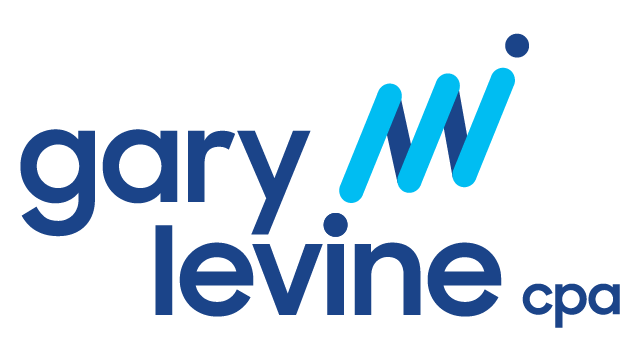The Third Round of Stimulus Checks: Your Questions Answered
A third round of stimulus payments was approved by Congress and as of Mid-March 2021 they are beginning to hit people’s bank accounts.
Each stimulus payment has been slightly different, and you likely have questions, so here is some key information and answers to common questions about this one:
Just as before, taxpayers who qualify will receive a direct deposit of up to $1,400, and couples will receive $2,800. In addition, families will receive $1,400 per child UNDER the age of 17.
The initial amount paid will be based on your 2019 or 2020 tax return (whichever is the latest return that the IRS has on file), but it will ultimately be ‘trued up’ if you are owed money based on your actual 2020 income. In other words, you will be given an estimated amount based on the last income the government has on file, but could end up getting even more (albeit later) if your 2020 return shows you made less money than you made in the previous year.
How Does the Phase-Out Work?
Individuals who make under $75,000 and couples who make under $150,000 are eligible for the full stimulus check.
For taxpayers with higher income, the amount is reduced for individual filers earning between $75,000 and $80,000, or $150,000 and $160,000 for couples. This means that individuals with an income higher than $80,000 are not eligible to receive a stimulus check and neither are joint filers with an income over $160,000.
For head of household filers, those earning between $112,500 and $120,000 will receive a reduced amount. Those earning $120,000 will not receive a stimulus check
Are Noncitizens Eligible?
The CARES Act did not allow families of mixed-status to receive a stimulus check. This refers to households in which a U.S. citizen is married to a noncitizen. In the new package, both the U.S. citizen and their noncitizen spouse are eligible to receive a stimulus check
How Will I Receive My Payment?
The IRS will use information from 2019 or 2020 tax returns to calculate your payment amount and will send the payment to the bank account listed on the return.
What if the IRS Does Not Have My Direct Deposit Information?
The IRS created an online portal, called Get My Payment, where you can check the status of your stimulus check and learn what information the government may still need in order to issue a check. According to the IRS, this portal will provide important information including your payment status, payment type and whether additional information (including bank account information) is required.
If I Usually Do Not File a Tax Return, How Can I Receive a Check?
Those who usually do not file a tax return, including low-income taxpayers, senior citizens and Social Security recipients, will need to file a simple tax return (but still will not owe tax) in order to receive their check. The IRS has created a special page dedicated to the Coronavirus and will be updating it with next steps on how to do this soon.
Is the Stimulus Check Taxable?
Since the stimulus check is a tax credit, it is not income and therefore is not taxable.
If you received a previous stimulus check, it’s likely you can expect to receive another stimulus check in the coming weeks. As with anything related to the current pandemic, do not hesitate to reach out if you have a question regarding your stimulus check or what to do with it.
